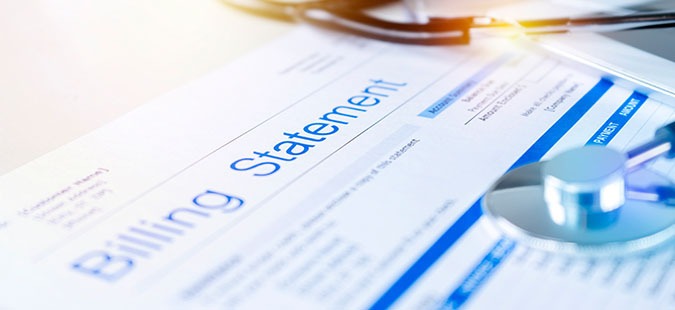
How Do I Pay for Medical Treatment During My Personal Injury Claim?
Being in the middle of an injury claim is stressful enough, and the last thing you need to worry about is the medical bills that are piling up while you try to recuperate. It can take months, if not years, for certain claims to be resolved. Any compensation you are awarded, however, will not be paid out until the claim is finalized. Medical care is costly, so how do you pay for the mounting medical bills when you are unable to work and waiting for a settlement? Learn more about some of the choices for paying medical bills while your attorney seeks compensation below.
- Health Insurance
You may be able to utilize your health insurance to pay for medical treatment if you have it. This will help prevent medical bills from going to collections, which can damage your credit and lead to a lot of stress and anxiety because of calls from bill collectors. In addition, the insurance company may be entitled to reimbursement for its costs if you receive compensation from your injury claim. This is called subrogation.
- PIP Insurance
A car insurance personal injury protection (PIP) coverage is another alternative for covering your accident-related medical bills. PIP coverage includes medical expenses and lost wages resulting from an accident, regardless of who was at fault. The majority of PIP plans cover up to $2,500. However, some may cover up to $10,000. Even if you later decide to file a claim against the at-fault party, you can file a PIP claim. Any money you get from a settlement of an injury claim will not be required to be paid back to your insurance company.
- Signing a Letter of Promise
Most healthcare providers will let you delay payments, but you’ll need to sign a formal agreement that includes paperwork. These “letters” of promise are between you and the healthcare provider, and they declare that the provider will give care without charge upfront in exchange for payment after your case is resolved in court. It’s important to understand that once you’ve gotten your settlement, you won’t be able to avoid paying those providers. They’ll have that signed paperwork, and they’ll be able to pursue collections based on the breached contract. As a result, speak with your attorney before signing these forms, and have them thoroughly study the terms and conditions to ensure you are not signing something you don’t understand.
How Long Does It Take to Receive a Settlement?
In most straightforward personal injury lawsuits, settlements take six months to one year. However, if you have a more complicated claim that needs to go to trial, it may take longer.
If your healthcare provider refuses to work with you or you are concerned that you will be unable to pay your medical expenses, it may be time to file a claim. An attorney will fight to resolve your case and get you the compensation you deserve. However, they will also make sure that healthcare providers work with you to get you the care you need rather than forcing you into debt to pay them. The sooner you file a personal injury lawsuit, the sooner your lawyer can start working on securing you the compensation you deserve.
You Don’t Have to Shoulder the Financial Burden On Your Own
Trying to figure out how to pay for medical care while waiting for a verdict or settlement can be frustrating, especially when the bills keep piling up and the insurance company refuses to help.
We at the Goss Law Firm understand what’s at stake. We will fight for your rights and can assist you in obtaining the compensation you deserve. Our lawyers are always available to review your case at no cost to you. Call us at 816-888-5000 today.





